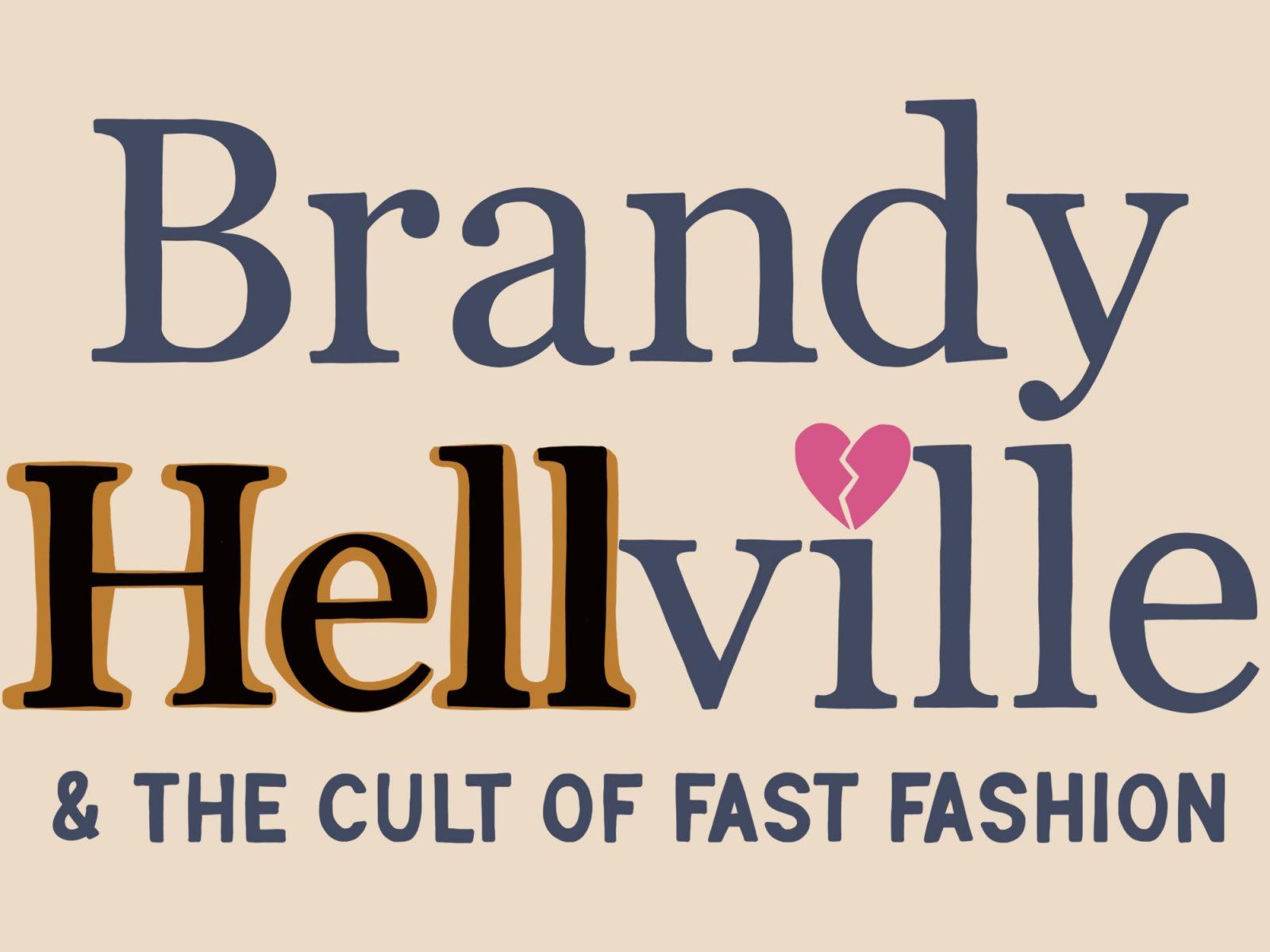Instead of texting, my friends and I send each other voice memos. They’re like a mini podcast to listen to on my way to class, but I usually cringe when I listen back to a few of my own and hear the number of filler words that litter each memo.
It’s, like, I can’t, like, stop saying “like.”

This isn’t just my problem. I’ll hear answers to questions in class and recoil at the use of “like” sprinkled across every three syllables.
It’s a phenomenon I’ve noticed among people my age — my parents may use the occasional filler word, such as “um” or “uh,” but the frequency with which they use such words is low enough that they seem natural and hardly noticeable.
Why is the overuse of “like” symptomatic of our generation, and is it really all that bad?
I can’t give a definitive answer to the first question, but I can for the second. No, using “like” isn’t all that bad.
A 2014 study found that filler words — and more specifically discourse markers such as “I mean,” “you know” and “like” — are more common among women and younger people.
If anything, overusing “like” can be problematic because it indicates what is often female discomfort with assertiveness.
We’re taught to avoid filler words when possible, especially to prepare for our future professional prospects. For example, Poised, an AI tool that helps users practice extemporaneous speech, gives the speaker feedback based on the number of filler words they use.
Using “like” frequently as a filler word detracts from the “authoritative” tone that elicits more respect and reverence in the corporate world.
According to The Guardian, an American law firm sent a memo to only its female employees that declared them to “learn hard words” and “stop saying ‘like.’”
The use of “like” was first regularly used by the Beat Generation of the 1950s and then adopted in the later ‘80s as part of the “valley girl” trope. These historical roots have associated “like” with adolescents to young adults’ proclivity to appear “cool” at the expense of concise, direct communication.
Additionally, how you speak has a lot to do with your perceived intelligence. Just look at the numerous articles and YouTube videos with a title along the lines of “Speaking Habits to Make Yourself Seem Smarter.” Or look at Ben Shapiro, who’s become the poster child for a “talk faster, appear smarter” notion.
Perhaps saying “like” is frowned upon because of its association with the stereotypically stupid valley girl, or because eloquence may indicate better control of word processing.
I concede that using “like” too often as a filler word is problematic if the goal is to speak as concisely as possible. But I’d argue that our disdainful attitude towards “like” is problematic. That is, it tends to single out women who are more likely to follow this filler word speech pattern — re: that law memo.
I won’t jump to any conclusions about femaleness and appeasement, but researchers have found that “like” makes the listener appear more conscious of their words. It’s a way to cushion a direct assertion, like baby-proofing a sharp corner.
Of course, I’m not, like, saying, like, let’s all start using “like” as much as possible. It can and often does muddle what would otherwise be a clear declaration.
If you’re prone to using discourse markers often, I suggest reflecting on when and why you find yourself using them. If they’re a subconscious means of toning down your assertions, try to omit them. We shouldn’t have to tone down what we say because of our discomfort with being assertive.
But if they’re a way to intentionally make the listener feel more included or to add emotional nuance to a conversation, don’t mind them.





























































































































